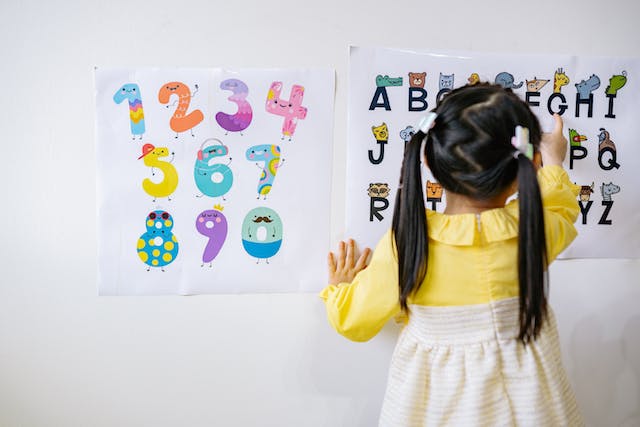Generally, by the age of 5, most toddlers are toilet trained, and bedwetting at the age of or after 5 is something that is less common. According to studies and research, bedwetting till the age of 7 is not a concern. In most homes, children bedwetting and waking up with wet clothes is a typical scene. But your reaction as a parent needs a little change. Generally, most parents start to shame and warn their child, which is not the right way. It is part of their normal growing up. This post highlights some of the phrases that you should avoid telling your children if they wet their bed.

-
“What a shame.”
Most parents feel that shaming their children would be beneficial for them, but this is not at all so. Shaming your child may make them feel that they are not trying hard to control, which creates a deep impact on their self-confidence, thereby wetting the bed more often. Shaming them is hence the last thing you want to do. So instead of that, you can reassure them and encourage them by saying that it was just an accident. That doesn’t mean you are ignoring it, but there is a process for bedwetting treatments that you should follow.
-
“For wetting your bed, you will not get to watch TV or have your treat.”
Punishing your children for wetting their bed is what most parents resort to. This is the wrong method. You have to understand that they are growing up and they are not intentionally resorting to such things. Regularly changing your sheets and cleaning can make you irritated. But refrain from using this irritation on your children. Explain the bedwetting treatment to them, and when they follow it, give them treats and rewards which will motivate them to try harder.
Also Read: How tall will your children be when they will be adults?
-
“You should learn from your brother/sister.”
Now it often happens that a child might be having a younger sibling, and probably they are not wetting their bed. In such cases, parents try to compare the older child with the younger ones. Understand this, it’s very wrong. They instantly start feeling embarrassed and shameful. If your 8-year-old kid is wetting the bed and the 4-year-old is not. It doesn’t mean that your elder child is doing it on purpose. Bedwetting is not on their hands. So, try not to compare with siblings or even friends. Instead, reassure them by saying everything is fine and it happens. Try also to convince the younger one to support their brother/sister rather than making fun.
-
“You are very lazy.”
Most parents often feel that their child is intentionally lazy. They try to blame their child, saying that they are quite lazy. But it is not so. There can be numerous reasons for this. They are probably deep sleepers, or there is a problem with hormones or a problem in coordination with the brain and bladder. Try solving those instead of blaming your child as they really don’t have any hand on it.
Also Read: 20 famous poems for kids to recite
-
“Clean this up.”
In some homes, kids are required to pull their sheets and put them to wash. Parents feel that making them responsible for their actions will make them stop doing it. But forcing kids to always clean may make them feel that it’s a big mistake they are making. It would hurt their morale and create an impact on their self-esteem. It is not that your child is not upset about it. So, instead of commanding them to work it out together. You can obviously make them responsible, so clean up together. While you are cleaning up, try to also calm them down and relieve their stress.
-
“I failed to teach you.”
Blaming yourself or giving up too easily is something you should not do. If you say such things in front of your kid, in most cases, your kids feel quite bad that they are disappointing their parents. They start questioning themselves and become more anxious than ever. It will be really beneficial that instead of saying so, reassure them that you both are on the same team and you would work it out together.
Summing up
There are many reasons why a child wets their bed. Saying the above-mentioned phrases does more harm than good. So, try to avoid such phrases and be comfortable with your child while talking them through it. You can educate them, make them feel that there are children who wet their bed too. Conveying your personal experience as a kid always will them understand the problem. You can always call for a pediatrician and ask them about certain bedwetting treatments. The most important thing is to be encouraging; they should be absolutely comfortable with you. When they start feeling that you are on their team, it will make them try and follow the bedwetting treatment routinely.
You May Like:
5 ways in which children can release their emotions.
Children are quite expressive in their growing years. They get to learn about the world in every activity during these years. From morning yoga to bed-time stories, every action affects their life. Based on the experiences gathered from such lessons, they gradually start to express themselves. Read More:
![]()












